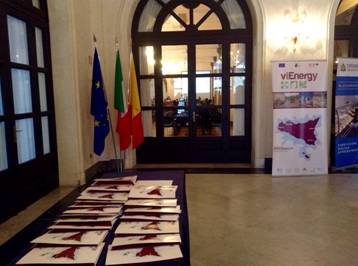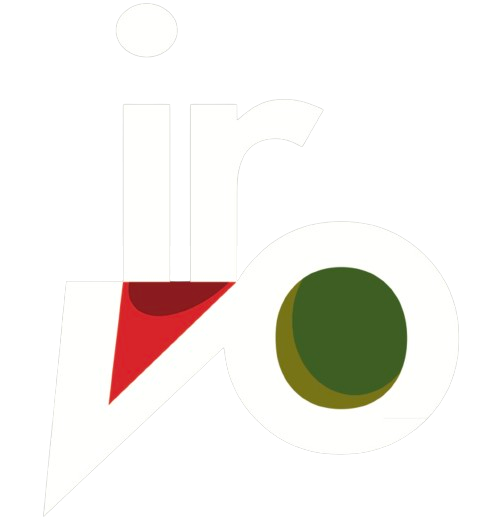28 March 2015
ViEnergy, the final results and videos of the conference

Lucio Giuseppe Monte, General Director of the Regional Institute of Wine and Oil (IRVO), leading body of the ViEnergy - Vigna Energetica project, introduced and moderated the work of the representatives of the partner bodies: Daniele Monti of the Research Consortium for Development of Sistemi Innovativi Agroambientali (CO.Ri.SSIA), illustrated to the audience the results on the energy valorization of vineyard pruning residues through the production of Agripellets, underlining the potential that the biomass coming from vineyard pruning waste has in comparisons with the territory and local communities. A practice that leads to important results in terms of environmental sustainability, correct and functional agronomic management of the vineyard, affirming its ethical value, as well as that of the energy valorisation of the wine production chain; Vincenzo D'Alberti of Alternative BioEnergy of Marsala (ABE) instead exposed the final results relating to the technical and economic potential for the exploitation of residual biomass in the wine sector, also illustrating the operation of a combustion plant powered by pomace and shoots; Giuseppe Cirelli of the Study Center for Economics applied to Engineering (CSEI Catania) intervened to show the results obtained in the field of phytopurification, through the pilot plant for the treatment of oenological wastewater produced by the Marabino Agricultural Company of Noto (Syracuse) . The wine sector in fact produces significant quantities of wastewater characterized, in some periods of the year, by a significant concentration of organic substance. This waste, if not appropriately treated, can cause a significant environmental impact. The growing attention of wineries to the problems of environmental sustainability therefore involves the search for the best wastewater management solutions through targeted activities. The pilot plant, built as part of the Vi Energy Project in Noto, demonstrated excellent efficiencies throughout the entire operation phase right from the early stages of operation.
Everlad Attard of the Division of Rural Sciences and Food Systems of the University of Malta, partner of the ViEnergy Project, illustrated the research conducted by the Maltese institute on the recovery of polyphenols from grape residues. To carry out these studies, ten fields and a cellar were selected on the island, to determine the possible correlation between the harvest and the transformation of the grapes based on the physical-chemical parameters. As part of the ViEnergy Project, exhaust emission tests on the road were carried out by the Joint Research Center (JRC) of the European Union, in real operating conditions on two vehicles, analyzing both gaseous emissions and particulate matter, with the purpose of evaluating the effect of a diesel/ethanol blend. The method used to measure exhaust emissions and fuel consumption, as explained by Massimo Carriero of JRC, was based on the comparative analysis of two vehicles in two different test campaigns, in Marsala and Malta. Among the objectives of the ViEnergy Project is also that of demonstrating the technical and economic feasibility of capturing and using the carbon dioxide produced by the fermentation of musts. To qualify the image of agricultural companies that want to move towards sustainable Green Economy models, Mario Ragusa, IRVO oenologist, illustrated the studies carried out and conducted at the Colomba Bianca winery, where photobioreactor systems for the production of of algal biomass to be directed to different purposes. The importance of these tests highlighted how the sequestration of this gas from the atmosphere can contribute to the fight against climate change, orienting the agricultural company towards sustainability policies that highly qualify its image and the product produced. At the end of the work, Robert Ghirlando, from the University of Malta, showed the results of the two solar cooling systems installed at the Buskett Oenology and Viticulture Research Center in Malta. The results clearly indicate that under current conditions and costs, the photovoltaic system is a clear winner in the production of chilled water for use in the wine industry.
“After the excellent results achieved by the ViEnergy Project – declares Lucio Giuseppe Monte, IRVO General Director – our Institute is increasingly aware of having identified segments of applied research of great importance. We must give special thanks to the work carried out, with competence and professionalism, by the national and international partners. A wide and diversified range of research and development interventions which saw the involvement of wine companies, government institutions, universities, research consortia and specialized companies in the territories of Malta and Sicily. On this horizon, the Project constituted a fundamental step in identifying the most suitable solutions to define a reduction in the environmental impact of production activities. The hope for the future is now to adopt and maintain over time the innovations obtained with the results achieved in the experimentation phase and improve the levels of environmental sustainability of the wine-growing territories of the two islands.
“We are very proud – concludes Antonino Di Giacomo Pepe, Extraordinary Commissioner of IRVO – of the results achieved with the Vigna Energetica project. The issues addressed have in fact laid the foundations of a valid starting point for future applications of management models of the Mediterranean wine supply chain, based on the now essential priority of environmental sustainability. This is the new frontier on which the Sicilian wine system is gaining respectable leadership in the processes of innovation and environmental protection. The ViEnergy Project is an essential point of reference."
Here is the video of the conference streamed:
https://www.streamago.tv/channel/43201/convegno-cerisdi
Ultime notizie
News 9 January 2025
Public Consultation Update PTPCT IRVO 2025-2027
Public consultation for the purpose of updating the Three-Year Plan for the Prevention of Corruption and Transparency (PTPCT) 2025/2027 In order to allow maximum involvement in the preparation of the update of the Three-Year Plan for the Prevention of Corruption and Transparency of the Regional Institute of Wine and Oil for the three-year period 2025/2027, all those who are interested are invited - in particular citizens, companies, consumer associations, representative trade unions, other entities operating in the territory representing particular interests - to send observations and/or proposals to the Person in Charge of the Prevention of Corruption and Transparency (RPCT), which will be evaluated when drafting the document.

